As pimento is the name given to the spice named after the plant of the same name. Its taste is reminiscent of an interplay of cloves, cinnamon, nutmeg and pepper, which is why it is also known under the name Viergewürz. Other names are Clove pepper, Jamaican pepper or All seasoning.
Occurrence and cultivation of allspice

pimento is obtained from the semi-ripe fruits of the allspice tree, which is an evergreen plant mainly found in the Caribbean. The tree grows to between six and twelve meters. Its small fruits, which do not exceed eight millimeters in size and contain two seeds each, turn red when they are fully ripened - by this point, however, they have already lost a large part of their aroma. A large part of the world allspice harvest comes from Jamaica.
Since its discovery by Christopher Columbus, the spice has also been known in Europe, but was first mistaken for pepper due to its peppery sharpness and similar appearance. The still green fruits are harvested for the production of allspice. These are dried and then ground to produce a spice suitable for the preparation of food. The allspice oil is also used in production; this is made from the seeds of the fruit.
Effect & application
While the allspice oil is not suitable for consumption, it is used, for example, in perfume production. It has a spicy-peppery scent that is used as an aromatic note, especially in men's perfumes. However, since the oil contains many phenols, the substance is quite irritating to the skin and may only be used in traces. The methyleugenol contained is also carcinogenic, which is why you should refrain from excessive use of allspice oil and especially its consumption.
The spice, on the other hand, is not harmful to health, but, in addition to its intense taste, also has a variety of attributed healing powers. The eugenol contained in the grains is the substance that gives the allspice its aromatic taste. The proportion of this oil is highest in allspice from Jamaica, which is why it has the most intense taste.
Allspice from other growing areas often only has a share of 10-15 percent eugenol, while Jamaican allspice values around 60 percent. If you buy the whole grains and grind them shortly before use, the aroma is best retained until consumption. The preparation of allspice grains is easy to do with a pepper mill or mortar.
The grains can also be mashed before further processing, depending on which dish the Jamaica pepper is being used. The aromatic spice is particularly popular with Christmas baked goods. Allspice is a widely used spice in Jamaican and Caribbean cuisine. Not only the allspice grains are used there: the people there also process the leaves and wood from the allspice tree.
In Jamaica, for example, you grill with the wood of the allspice tree. In Germany, allspice is also used in sausage production; In general, the pepper-like spice goes well with meat and dark gravies. A combination with bay leaves and juniper, as is common in Western European cuisine, results in a spicy taste that goes well with hearty dishes and refines many dishes.
Importance for health, treatment & prevention
In naturopathy, allspice is said to have a positive effect on stomach and intestinal complaints. In fact, it stimulates digestion and the flow of saliva because the amylase, a digestive enzyme, is activated more intensely by the allspice. In the oral cavity, allspice is also effective against tooth decay due to its antibacterial substances such as phellandrene.
Allspice can also help with abdominal pain and gas. The spice has a slightly numbing effect, which can alleviate stomach problems. To achieve this, however, it should not be combined with heavy food. Allspice can also help you lose weight, as it stimulates digestion and purifies the body: the substances it contains are diuretic, which means that toxic substances are excreted more quickly.
Sufficient fluid intake is important here in order to avoid negative side effects. Other substances contained in the allspice, such as cineal or phellandren, have an anti-inflammatory effect, and the eugenol it contains is a good support against bacterial infections that cause colds or gastrointestinal flu, but also against fungi, which cause a variety of complaints in the human body, especially in winter to lead.
Asthmatics report relief from their symptoms, and allspice can promote healing or at least alleviate the symptoms of respiratory diseases such as coughs. Despite the many positive effects that allspice has, it should be used sparingly: Freshly ground grains in particular taste so intense that a knife tip is enough to season the food.
Experts advise against using allspice oil on the skin, for example with compresses or as a massage oil. Although the substance stimulates blood circulation, it is also extremely irritating to the skin and is also suspected of being carcinogenic. If allspice is included in food, these side effects do not apply.

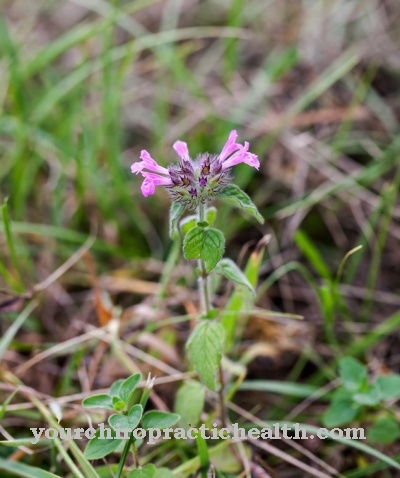
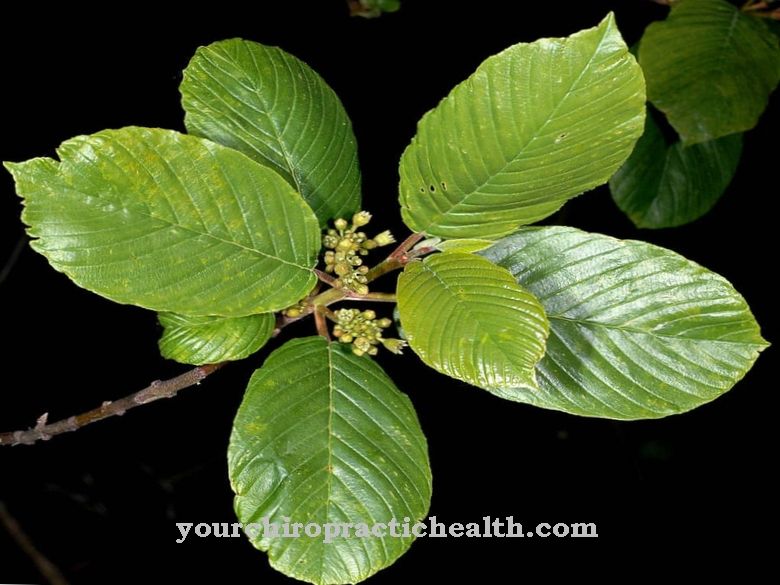
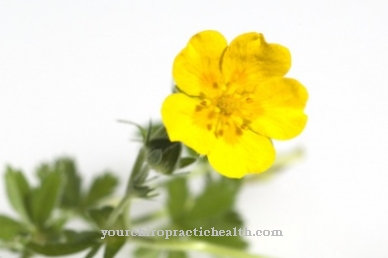
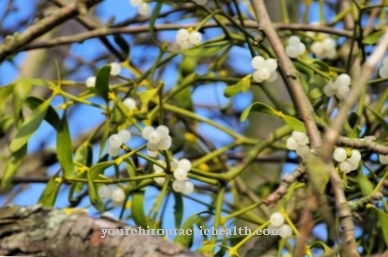
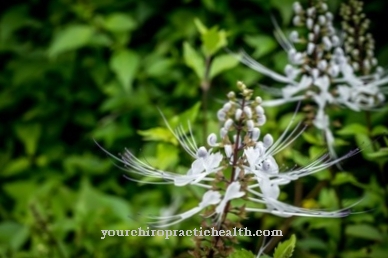
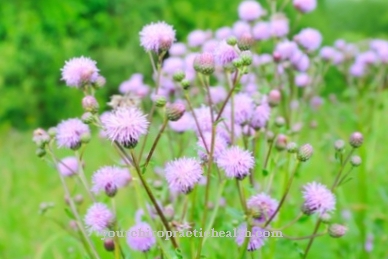

















.jpg)



